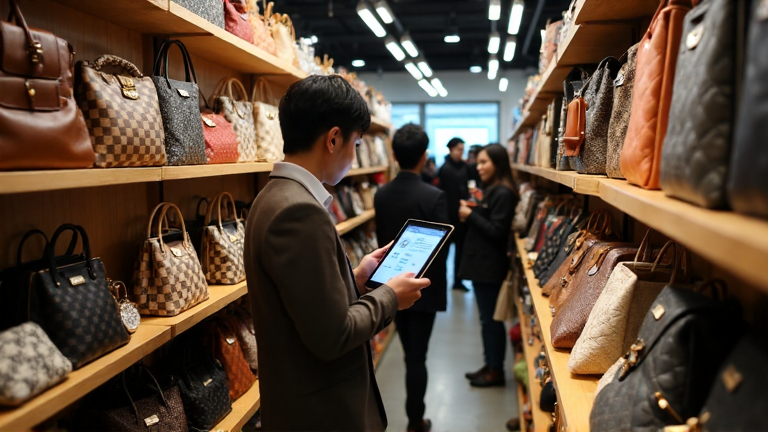
Japan's Secondhand Shops Eye Luxury Goods Amid Rising Tourism
The burgeoning interest in Japan's secondhand market, particularly for luxury items, is on the rise as foreign tourists flock to the country, capitalizing on its weakened yen. This increase in demand has set off a race among secondhand shop operators to secure avenues for obtaining high-end branded goods.
Strategic Collaborations and Technological Advances
To bolster their offerings, several operators are forging partnerships with prominent department stores. This strategy is aimed at enhancing the range and quality of products available to discerning customers. Additionally, there's an emergent trend of utilizing artificial intelligence (AI) technology to appraise and authenticate items submitted by sellers, ensuring that the inventory meets premium standards.
A Growth Trajectory
Statistics from the Reuse Economic Journal reveal that Japan's secondhand goods market consistently flourishes year after year. In 2023, it reached a significant milestone, amassing a total of ¥3.1 trillion—a 7.8% increase from the prior year. Notably, the luxury segment within this market saw a robust uptick of 19.4%, with branded goods alone contributing ¥365.6 billion to the total.
Conclusion
As Japan's appeal as a shopping haven for international visitors intensifies, secondhand shops are innovating to remain competitive. By leveraging strategic partnerships and embracing cutting-edge technology, these operators are well-positioned to capitalize on the lucrative surge in demand for luxury secondhand items.
Note: This publication was rewritten using AI. The content was based on the original source linked above.